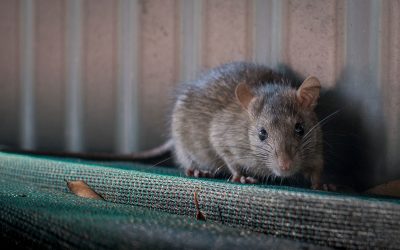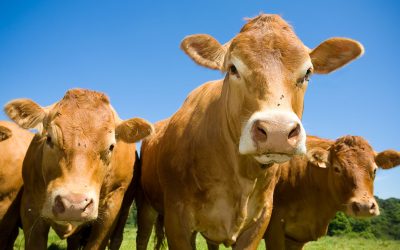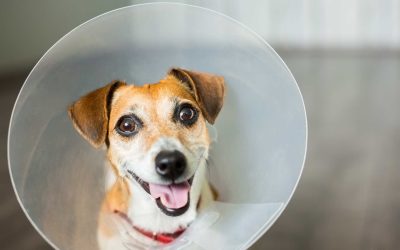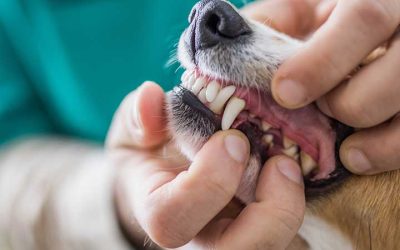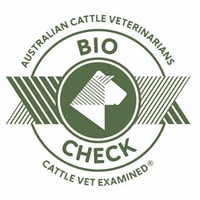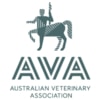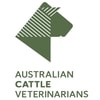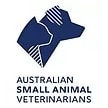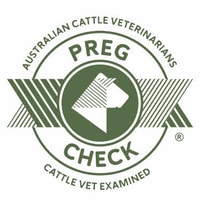
Hot-spots are a common problem amongst dogs, and some breeds like golden retrievers, labradors, and rottweilers may be more susceptible to these than others.
What is a hot spot?
A hot-spot can otherwise be known as a ‘moist skin rash,’ acute moist dermatitis, or pyotraumatic dermatitis. It is an area of skin or lesion that looks red, inflamed, and may have matted hair on or around it, and sometimes slimy discharge. They develop very quickly and can progress within hours.
Usually, they can be found around the dogs:
- Head
- Neck
- Tail/backside
What causes hot-spots?
- Flea infestation
- Ear infections
- Allergies
- Warm & humid weather
- Wet fur against the skin (for long periods – i.e. under the collar after swimming)
- Underlying medical conditions
These issues promote bacterial growth, making the area very itchy and potentially sore.
While being relatively easy to spot, your pet will likely alert you to the hot-spot with excessive scratching and licking if the area is within reach.
How are hot-spots treated?
To treat a hot-spot, we will:
- Trim the fur from around the area
- Clean the area with an antiseptic
- Use antibiotics and/or anti-inflammatory treatments
In some cases, ongoing use of antibiotics and/or anti-inflammatory treatments may be required to treat the infection and allow the skin to heal properly. Hot-spots may be sensitive or painful to treat, and we may recommend a general anaesthetic if appropriate.
Due to the fast-moving nature of these infections, we recommend you bring your dog to see us as soon as possible if you suspect a hot-spot is forming. The quicker we can treat your dog, the less chance the hot-spot has of becoming large, difficult to treat, and painful.
If you have any questions or want to make a booking, call us on 07 4693 2233, email us info@pittsworthvetsurgery.com.au, or book online today.
RELATED ARTICLES
Rat Bait Toxicity
Take care when choosing rodenticides this winter as it could mean the difference between life or death of your pet. Not all baits are equal in their toxicity and you should always refer to the ingredients listed on the product. There are three key types of Rat Bait:...
Calving – When to intervene
The most common reason for calf losses in the cattle industry are calving difficulties, known as dystocia. In order to recognise dystocia promptly, an understanding of the normal calving process is necessary. The more difficult the calving; the greater the risk of...
Discount desexing
This Winter we are offering our annual 20% off de-sexing’s for both dogs & cats from 1st June to 31st July. If it's something you have been putting off then wait no longer! ADVANTAGES OF DESEXING Reduction in vet bills by reducing the following health conditions;...
The Importance of Dental Care for Your Pet
Did you know that 80% of dogs and 70% of cats over three years of age have some form of dental disease? Dental disease can not only be painful and uncomfortable for pets, but the procedure to clean and remove teeth becomes more complicated and often more costly to...
RELATED
ARTICLES
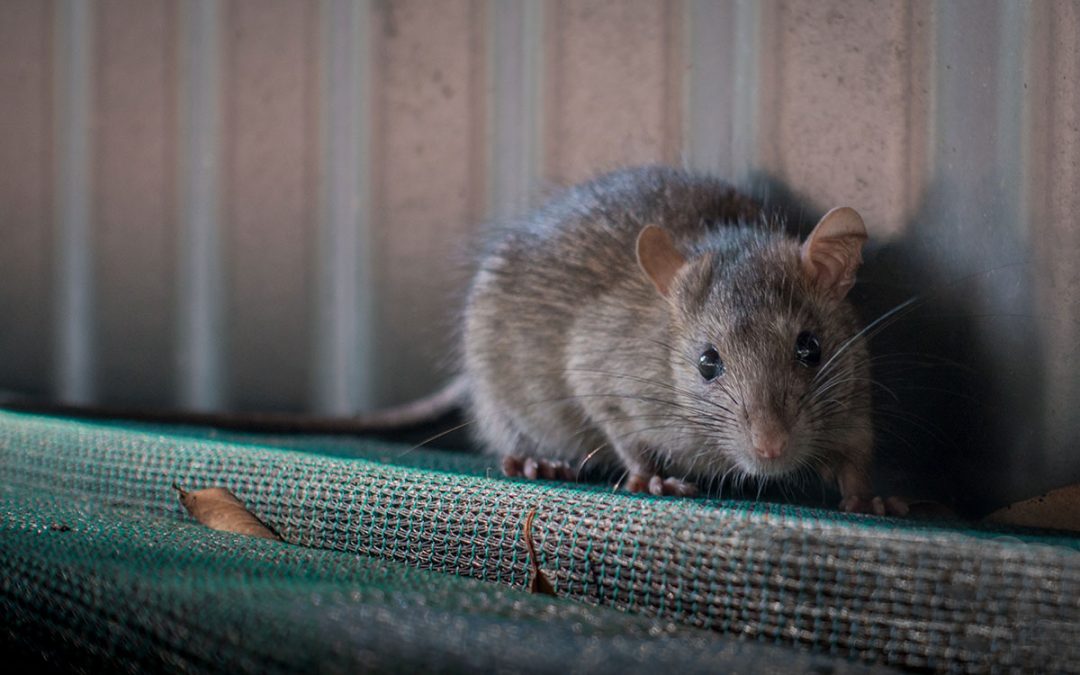
Rat Bait Toxicity
Take care when choosing rodenticides this winter as it could mean the difference between life or death of your pet. Not all baits are equal in their toxicity and you should always refer to the ingredients listed on the product. There are three key types of Rat Bait:...
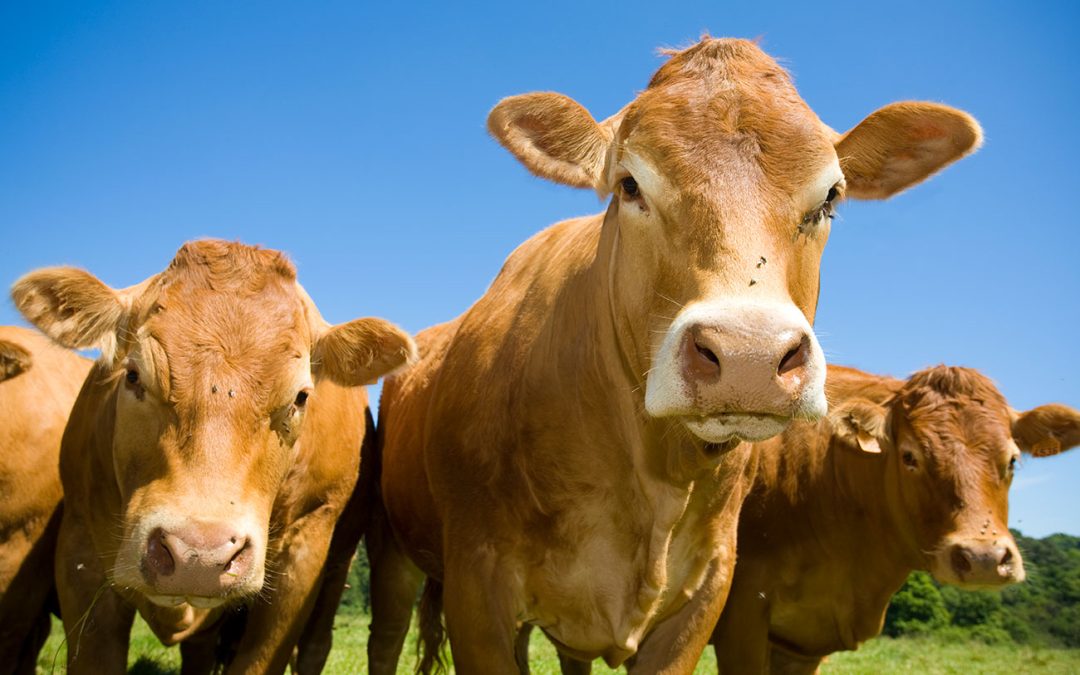
Calving – When to intervene
The most common reason for calf losses in the cattle industry are calving difficulties, known as dystocia. In order to recognise dystocia promptly, an understanding of the normal calving process is necessary. The more difficult the calving; the greater the risk of...
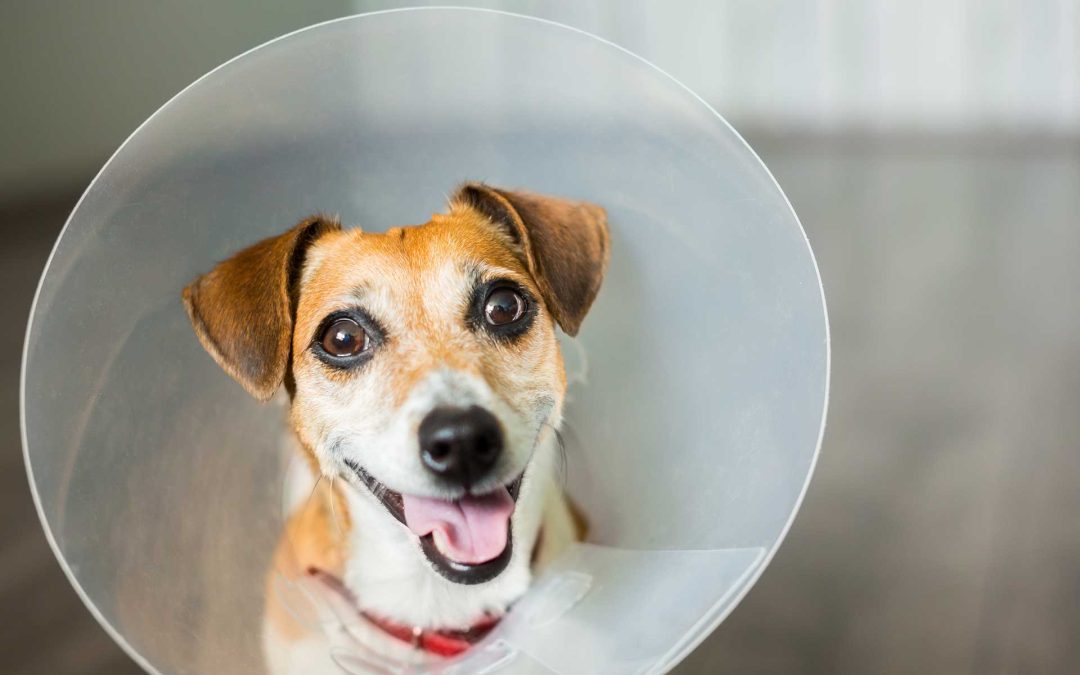
Discount desexing
This Winter we are offering our annual 20% off de-sexing’s for both dogs & cats from 1st June to 31st July. If it's something you have been putting off then wait no longer! ADVANTAGES OF DESEXING Reduction in vet bills by reducing the following health conditions;...
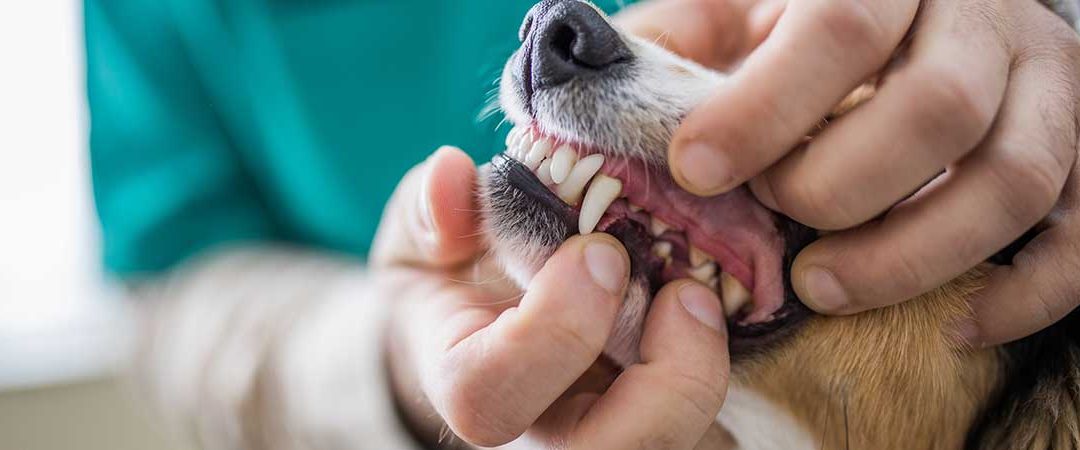
The Importance of Dental Care for Your Pet
Did you know that 80% of dogs and 70% of cats over three years of age have some form of dental disease? Dental disease can not only be painful and uncomfortable for pets, but the procedure to clean and remove teeth becomes more complicated and often more costly to...
Call Us Today To Discuss Your Animal Needs
Business Hours Phone: 07 4693 2233




